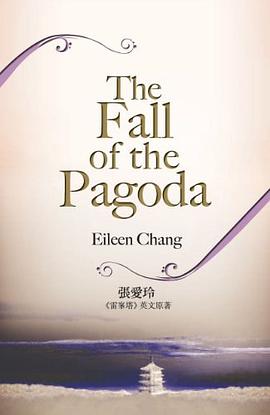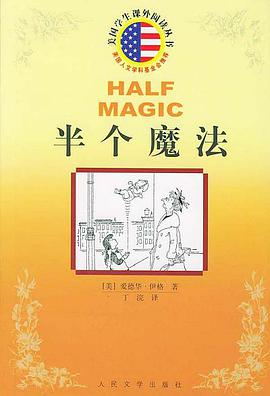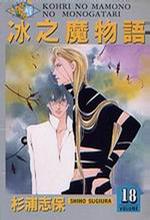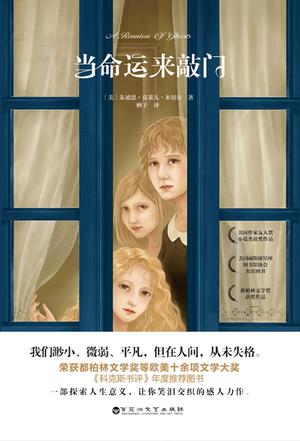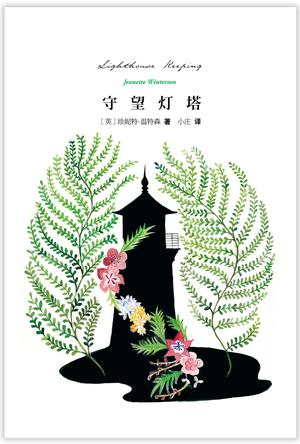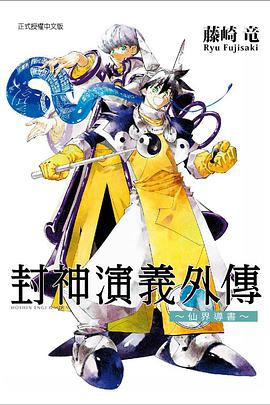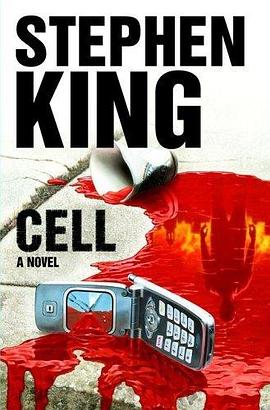The Fall of the Pagoda
内容简介
Eileen Chang is now recognized as one of the greatest modern Chinese writers, though she was completely erased from official histories in chinese mainland. These previously unpublished, semi-autobiographical novels depict in gripping detail her childhood years in Tianjin and Shanghai, as well as her student days in Hong Kong during World War II, and shed light on the construction of selfhood in her other novels.
......(更多)
作者简介
The Fall of the Pagoda, the first of two semi-autobiographical novels written originally by Eileen Chang in English, depicts in gripping detail her childhood years in Tianjin and Shanghai, while The Book of Change revolves around her wartime student days in Hong Kong. The Fall of the Pagoda introduces a young girl (called Lute) growing up amid many family entanglements with her divorced mother and spinster aunt during the 1930s in Shanghai’s International Settlement. Both novels shed light on the construction of selfhood in Chang’s other novels, through lengthy discussions of Chang’s difficult relationship with her selfishly demanding mother as well as of intricate dynamics in the extended families who emerged from aristocratic households of the late Qing Dynasty. While the main characters belong to the new Republican period, their worldviews and everyday life are still haunted by the shadows of the past.
Eileen Chang is now recognized as one of the greatest modern Chinese writers, though she was completely erased from official histories in chinese mainland. She was the most popular writer in Japanese-occupied Shanghai during World War II, with English and Chinese stories focusing on human frailties rather than nationalist propaganda. For her non-committal politics and idiosyncrasies, she was boycotted by fellow writers after the war and forced to the margins of literary respectability.
"The Fall of the Pagoda begins as a comedy of manners and gradually evolves into a gothic thriller… Contradictions and aberrations are the norm in Lute’s family. This is a household immersed in a decaying grandeur amid the intoxicating smell of opium, but it never hesitates to pursue new and exotic things from automobiles to movies. Desolation and decadence rule. Lute’s father indulges himself in debauchery while her mother could not wait to become a Nora of New China. Nevertheless, both share the disposition to squander family fortune ruthlessly; children are their last concern. The Russian Revolution, the creation of Manchukuo, and the Second Sino-Japanese War take place one after another in the novel, but except for momentary disturbances, nothing affects the family which is already engulfed by its own corruption." — From the Introduction by David Der-wei Wang, Harvard University
......(更多)
目录
......(更多)
读书文摘
有些日子真有時間都壓縮在一塊的感覺,有時早幾年的光陰只是夢的一小段,一翻身也就忘了。
......(更多)
